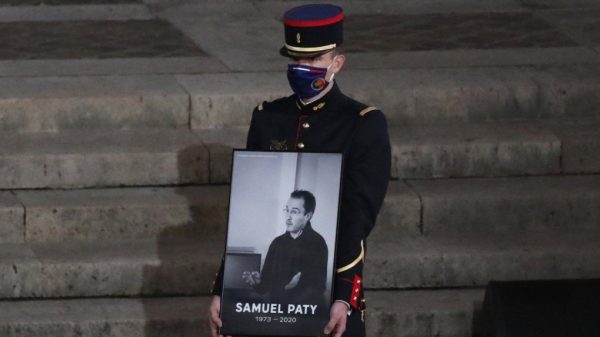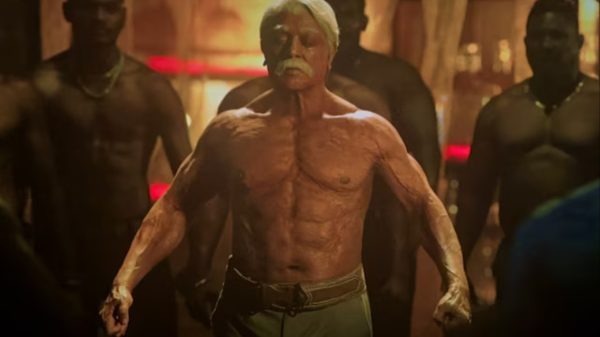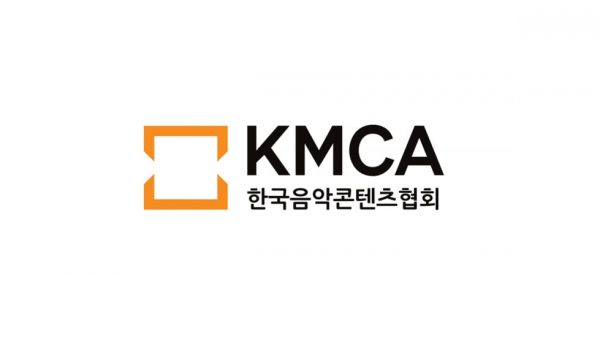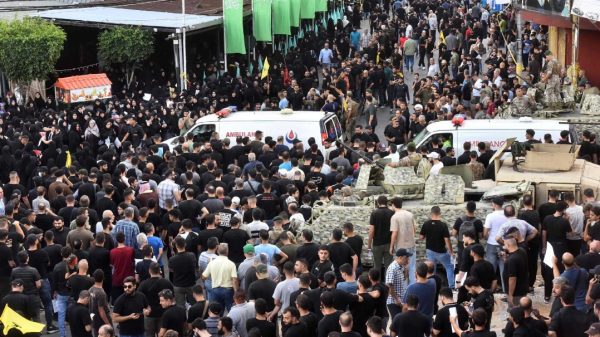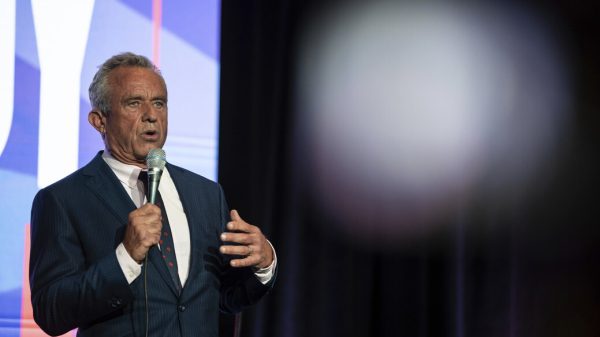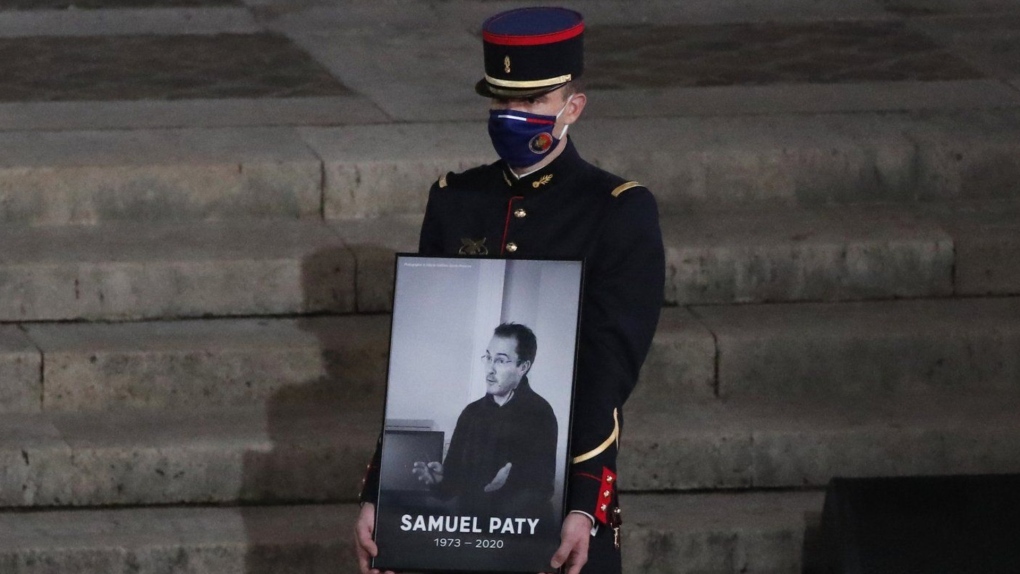France’s anti-terrorism court concluded the trial of eight individuals accused of involvement in the 2020 beheading of Samuel Paty, a teacher whose death sent shockwaves through the country. Paty, 47, was killed near his school in a Paris suburb by an 18-year-old Islamic extremist days after showing his class cartoons of the Prophet Muhammad during a lesson on freedom of expression. The attacker was killed by police shortly after the incident. The trial, which began in late November, sought to address the roles of individuals who assisted the perpetrator or fueled the hate campaign that preceded the murder.
The courtroom was filled to capacity for the sentencing, with heightened security measures in place. Paty’s 9-year-old son attended the hearing alongside family members. The lead judge delivered sentences that ranged from 13 to 16 years for several defendants, emphasizing the “exceptional gravity” of the crime. Emotions ran high throughout the proceedings, with the victim’s family expressing relief at the verdicts, while families of the accused reacted with outbursts and denials, necessitating pauses in the court session to restore order.
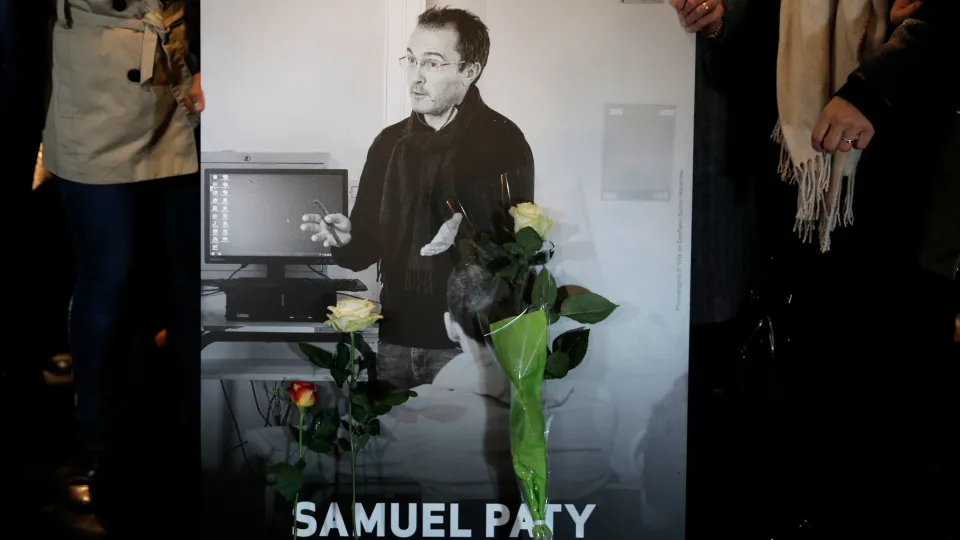
French Court Concludes Trial for Eight Accused in 2020 Beheading of Teacher Samuel Paty
Key convictions included Naïm Boudaoud and Azim Epsirkhanov, friends of the attacker, who received 16-year prison sentences for complicity in murder, and Brahim Chnina, the father of a schoolgirl whose fabricated claims against Paty played a pivotal role in the events leading to his death. Chnina was sentenced to 13 years for his role in inciting violence. Abdelhakim Sefrioui, a preacher, was sentenced to 15 years for orchestrating an online hate campaign against Paty. The trial underscored the ramifications of online hate speech and extremist rhetoric, which contributed to the tragedy.
The murder of Samuel Paty highlighted deep societal divides in France over issues of secularism, freedom of expression, and religious sensitivities. Paty’s lesson on freedom of expression, which included showing controversial cartoons, was part of a government-mandated curriculum. The fallout from his killing reinforced the French state’s commitment to secularism and its resolve to combat extremism. The attack also reignited international tensions, with protests in Muslim-majority countries and debates over the republishing of caricatures by the satirical newspaper Charlie Hebdo.
The trial revealed the complexities surrounding the events leading to Paty’s death, including the fabricated claims by Chnina’s daughter, who falsely alleged her exclusion from the class where the cartoons were shown. She was later tried in juvenile court and received a suspended sentence. Other students and associates who aided the attacker were also sentenced. Paty’s family expressed frustration with the defendants’ lack of accountability and called for more transparent explanations of their actions. The case serves as a grim reminder of the dangers posed by misinformation, hate campaigns, and radicalization.



